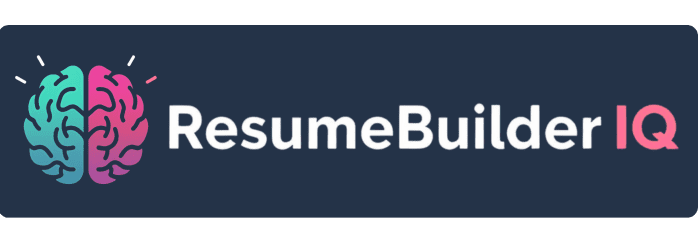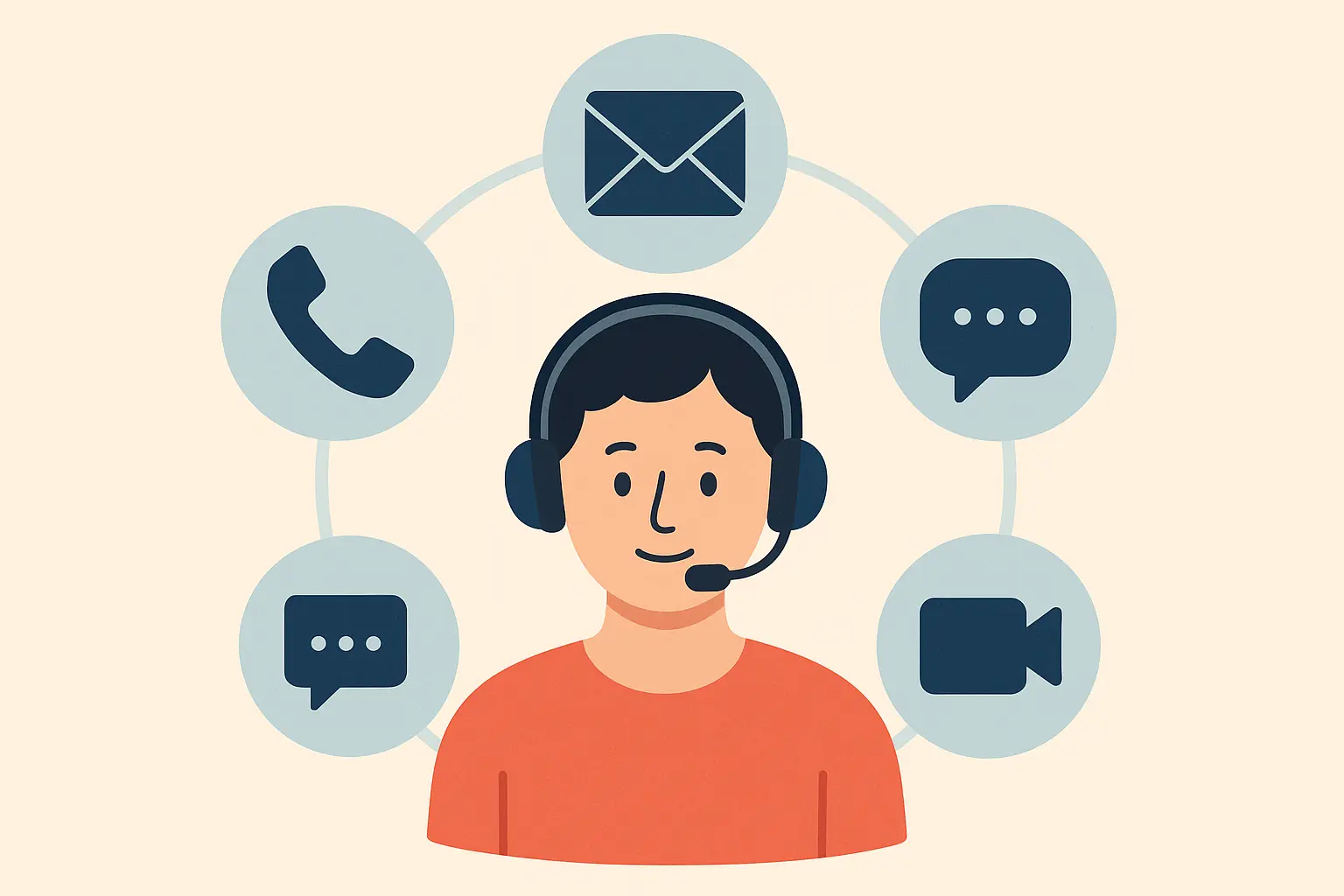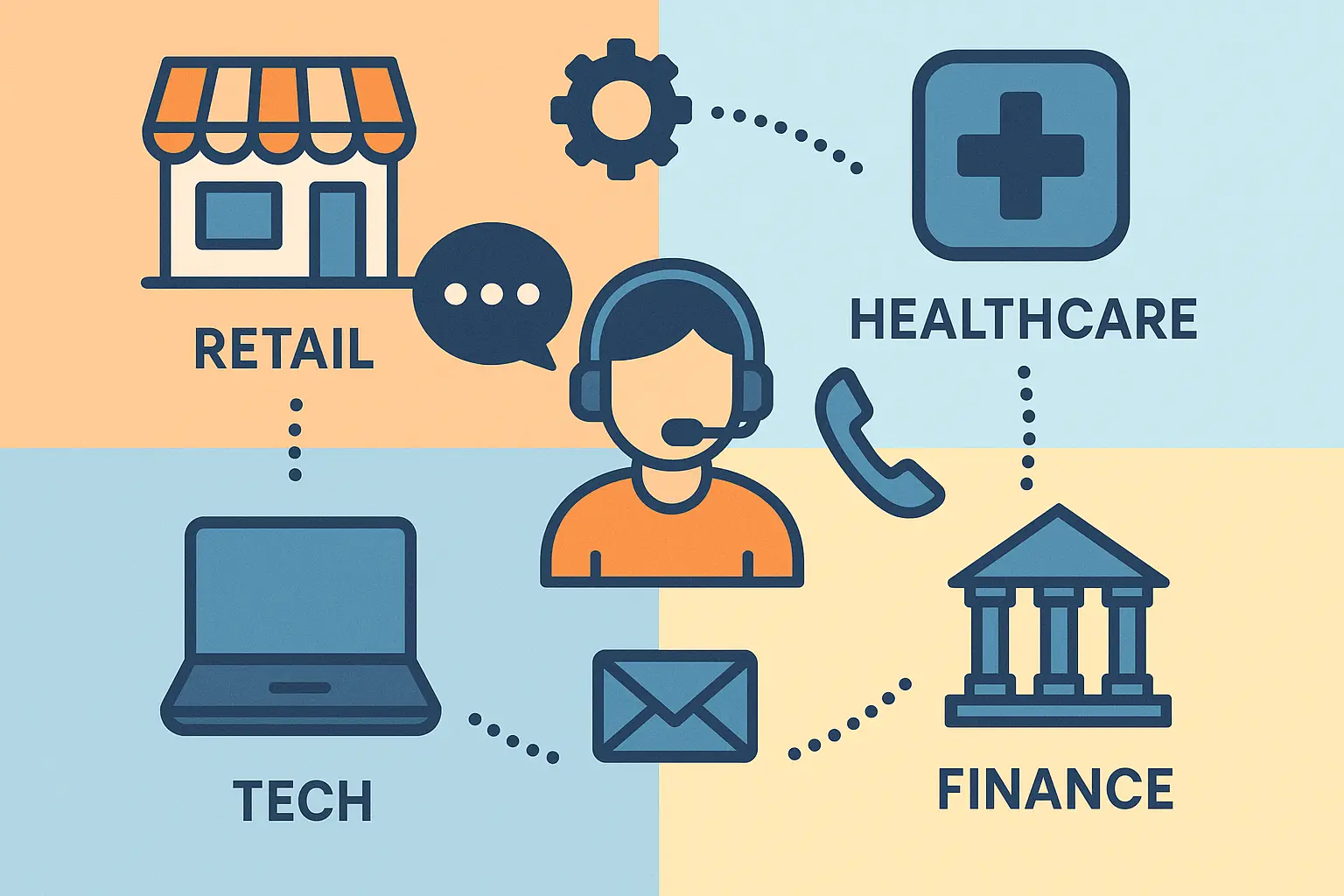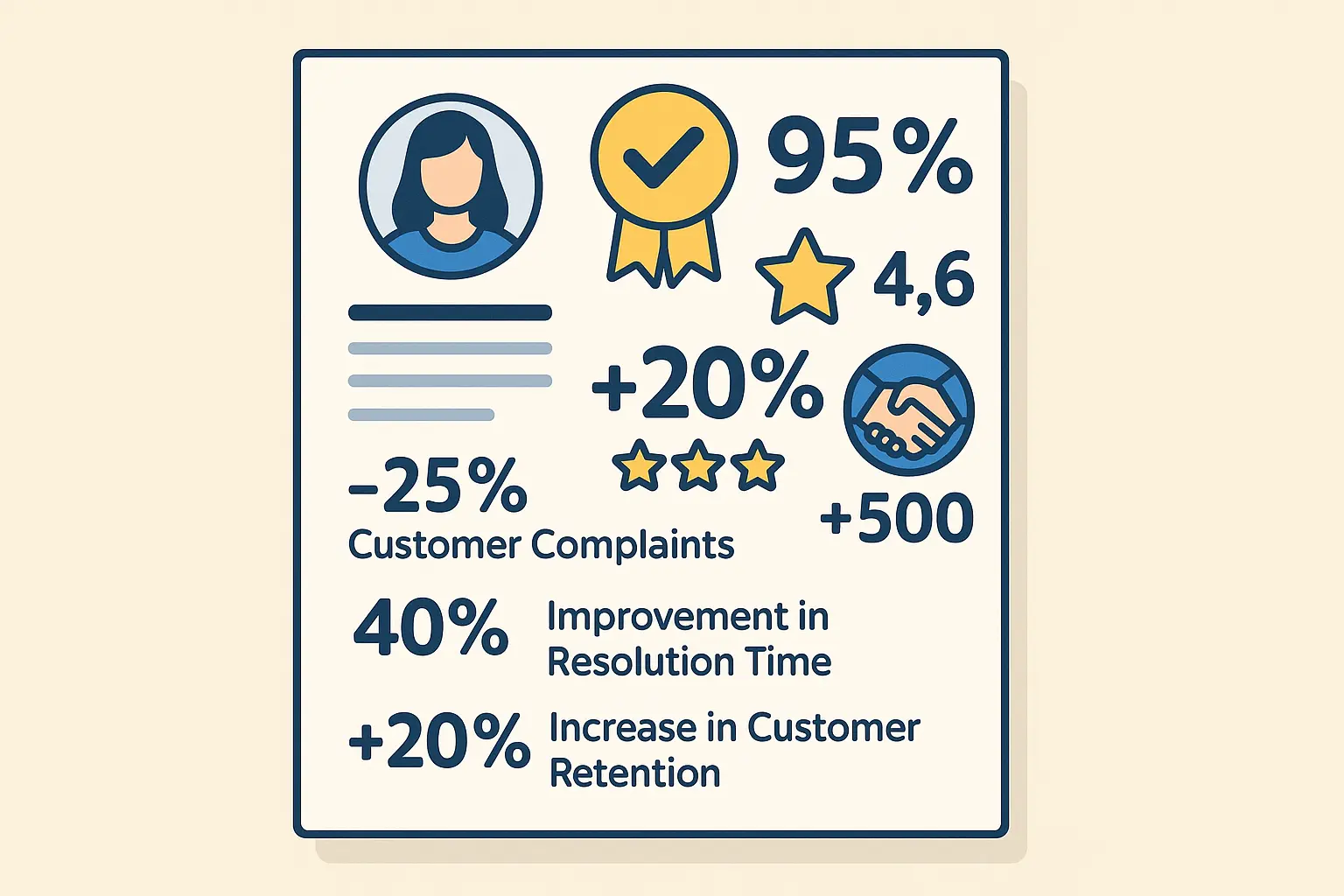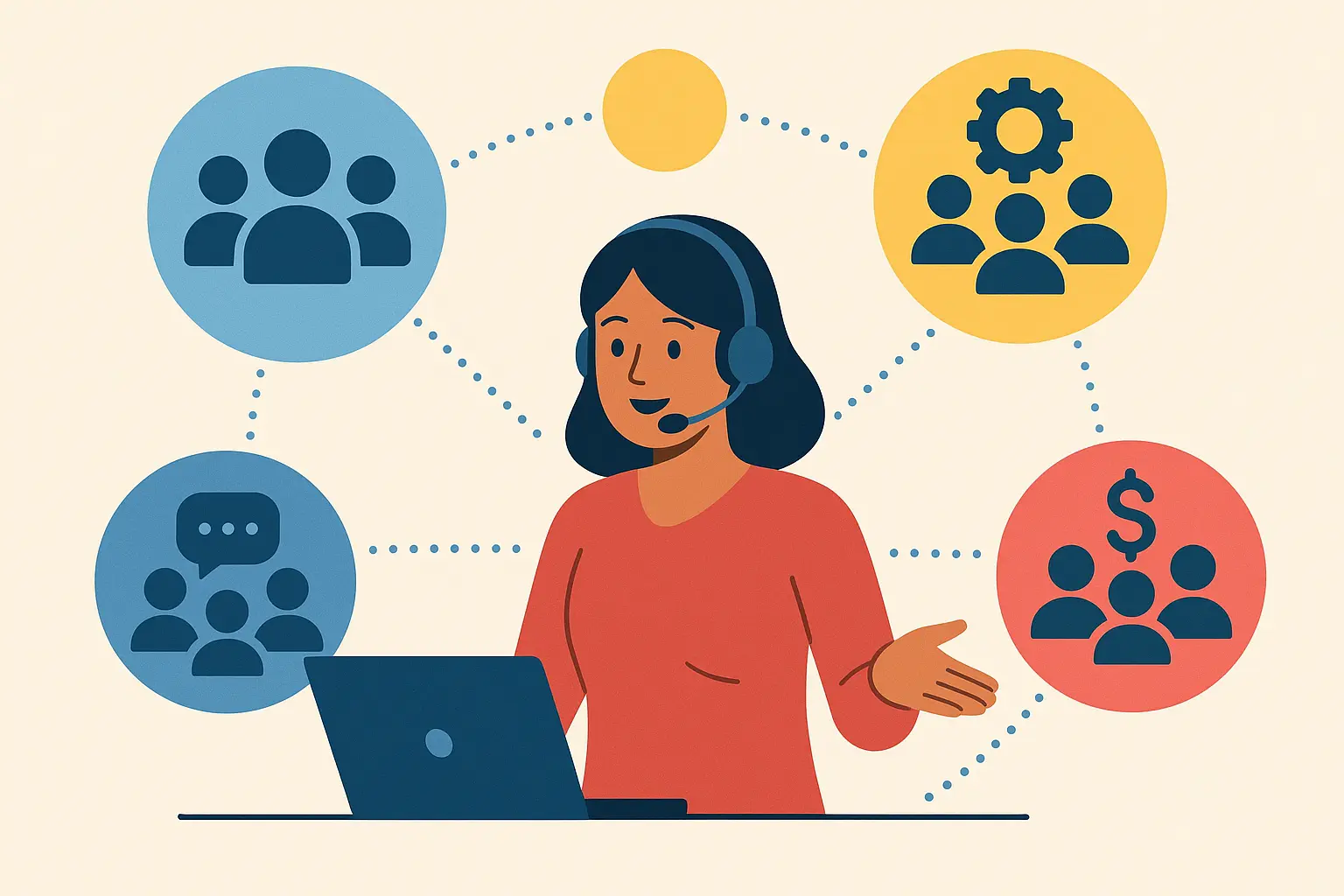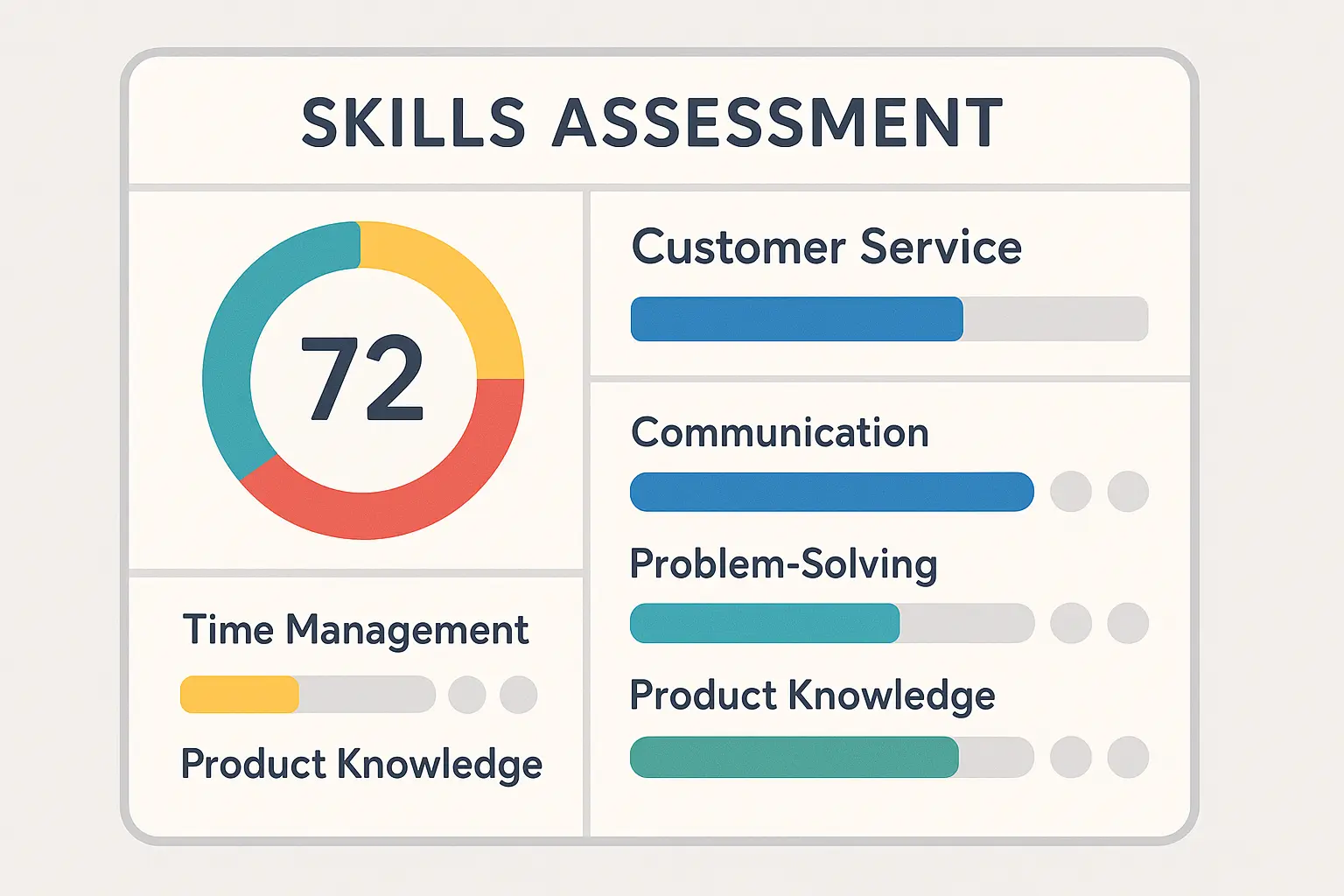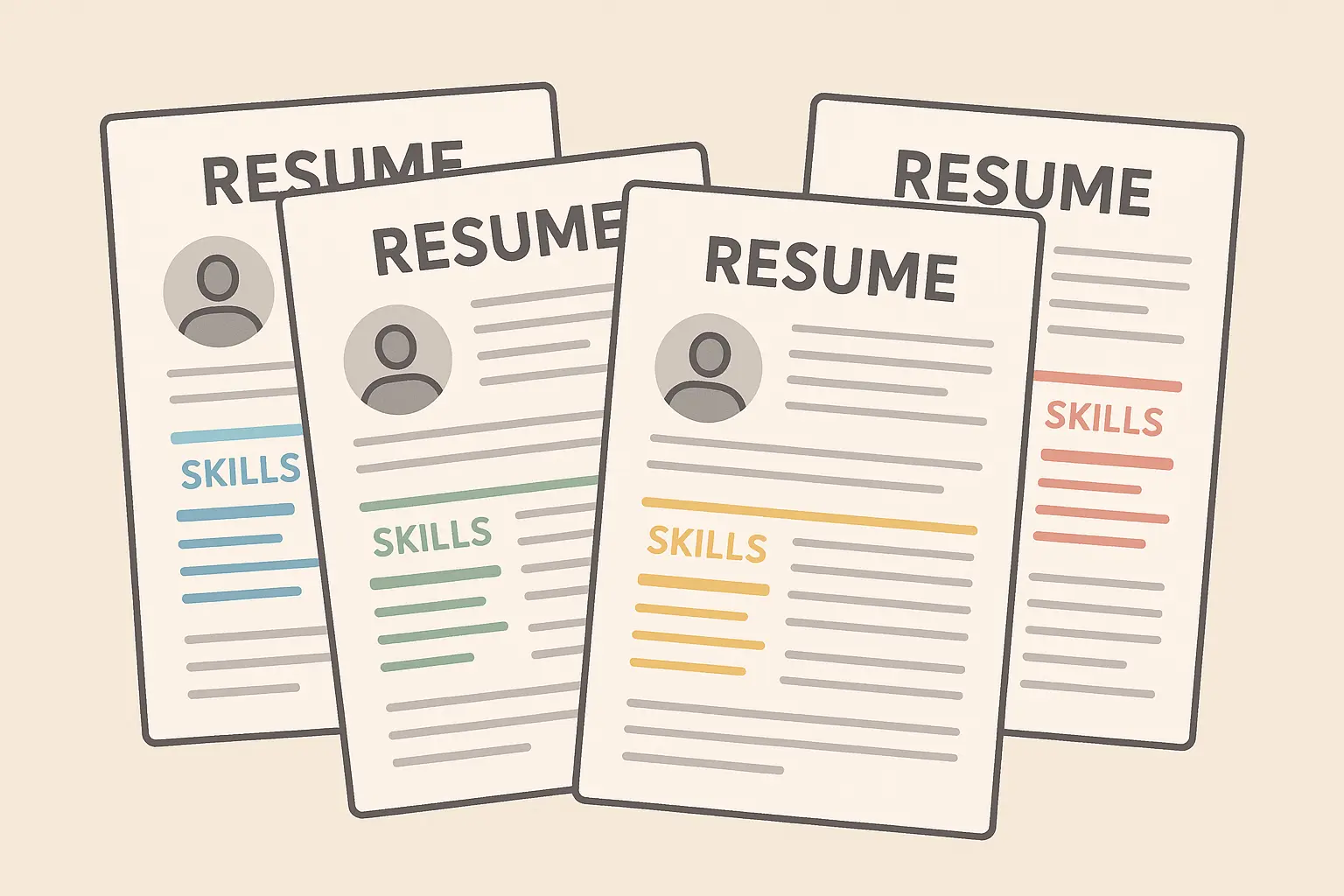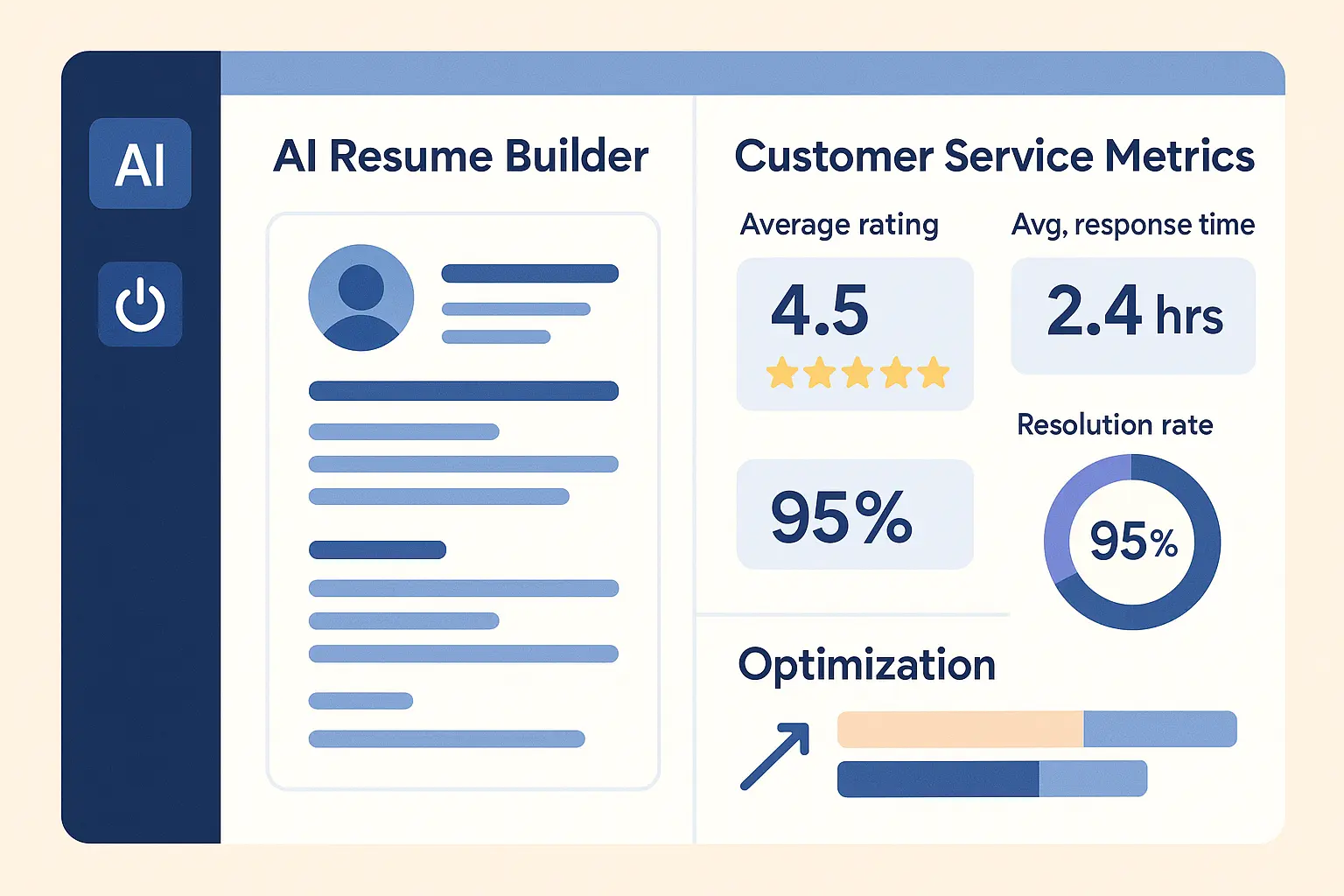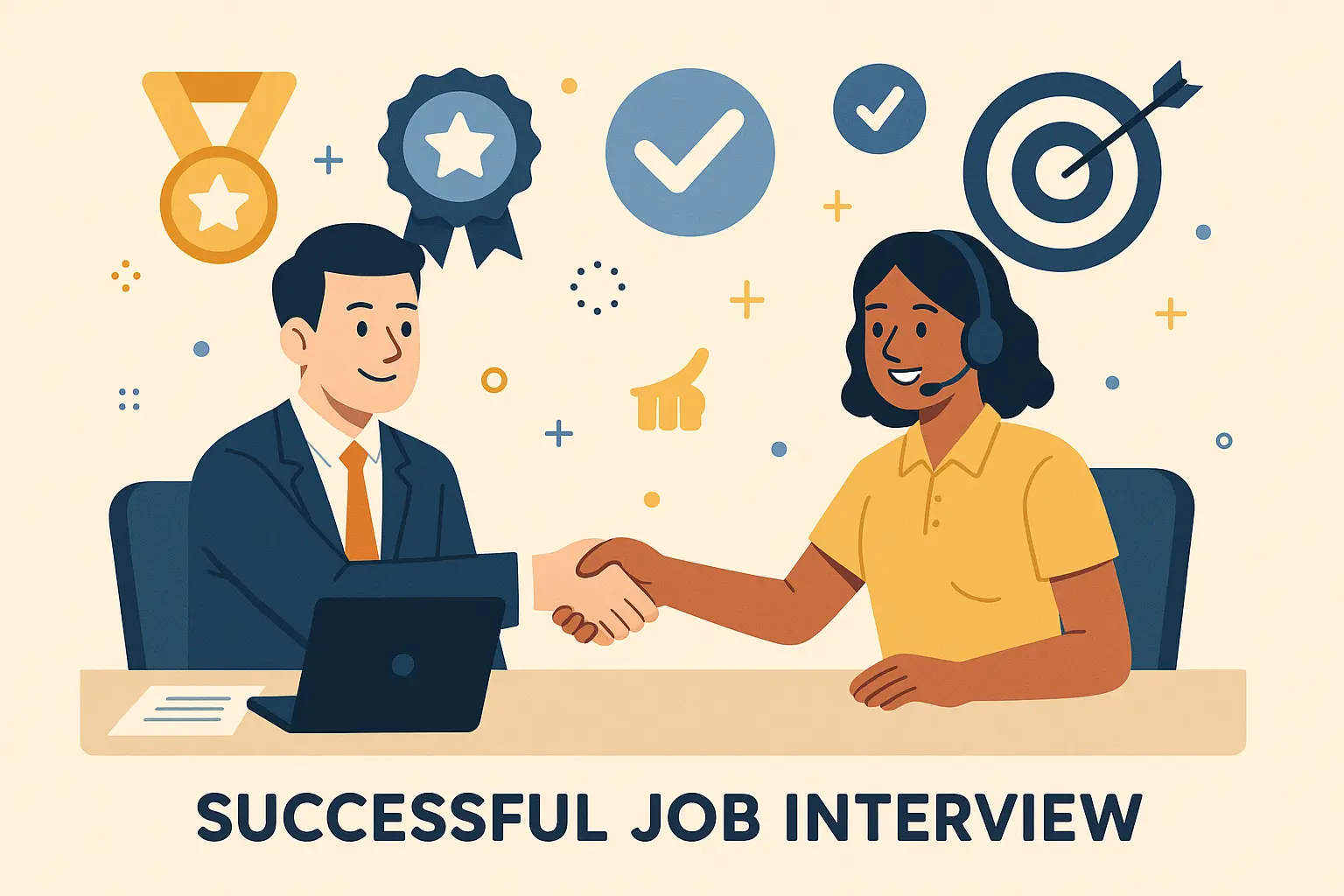Customer Service Skills Resume: The Complete Guide to Landing Your Dream Job

This comprehensive guide walks you through everything you need to know about showcasing your customer service experience on your resume. I’ll share practical strategies for identifying your strongest abilities, presenting them effectively to both hiring managers and ATS systems, and tailoring your approach for different industries. Whether you’re just starting out or looking to advance your career, you’ll discover how to transform your experience into a powerful job-hunting tool.
This guide will show you exactly how to highlight your customer service skills resume so employers see your strongest qualifications immediately.
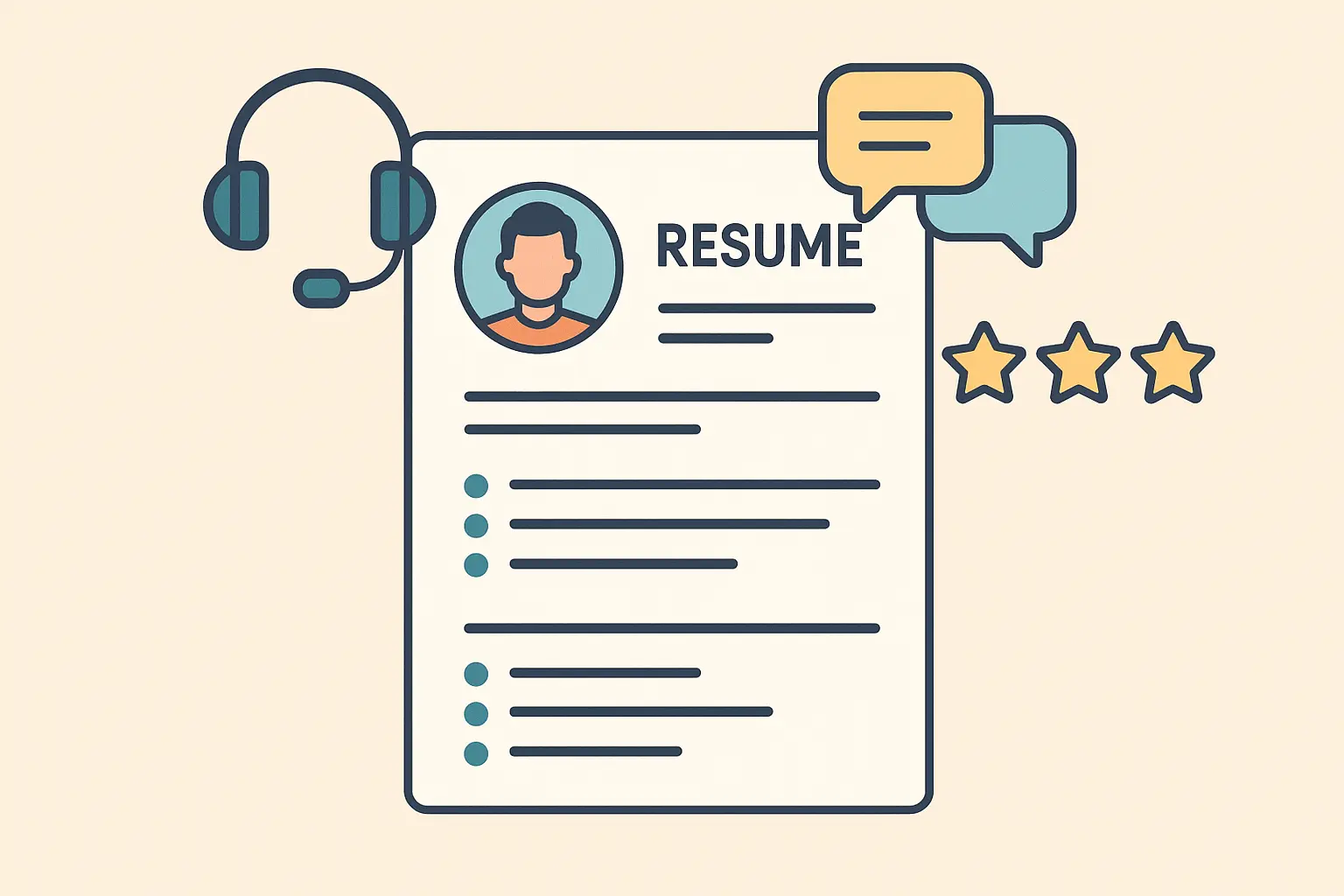
Here’s a reality check: according to BeamJobs, “hiring managers spend six seconds or less reviewing a resume.” That means your best abilities need to jump off the page immediately, making it crucial that your experience is visible and compelling from the moment they open your document.
Table of Contents
- Why Your Experience Matters More Than You Think
- Building Your Foundation
- Making Your Skills Shine on Paper
- Real Resume Examples That Actually Work
- Advanced Strategies for Standing Out
- Comprehensive Skills Lists and Examples
- Technical Resume Formatting That Gets Results
- How Resume Builder IQ Can Transform Your Job Search
- Final Thoughts
TL;DR
- Your experience is highly transferable and valuable across virtually every industry
- Quantifying your achievements with specific metrics dramatically improves your resume’s impact
- Different industries require tailored approaches to presenting your experience
- ATS-friendly formatting and strategic keyword placement are essential for getting past initial screenings
- Action-oriented language and results-focused descriptions create compelling narratives about your value
- Both technical proficiencies and soft skills need equal attention on modern resumes
- Multiple resume versions allow you to target specific roles while maintaining authenticity
Why Your Experience Matters More Than You Think
Here’s something most job seekers don’t realize: those experiences you might think are “just basic work”? They’re actually goldmines of transferable abilities that employers are desperately looking for across all industries. I’ve seen countless professionals underestimate the power of their customer-facing experience, not realizing that these competencies translate directly into leadership, problem-solving, and communication roles.
Every interaction you’ve had with customers has built a toolkit of abilities that strengthen your customer service skills resume and showcase what employers desperately need. Communication excellence, problem-solving under pressure, and emotional intelligence aren’t just nice-to-haves anymore – they’re essential competencies that separate good employees from great ones. When you can demonstrate these abilities through concrete examples, you’re showing potential employers exactly how you’ll handle their challenges.
Let’s get real about what your day actually looks like. You’re juggling angry customers, learning new systems on the fly, and somehow keeping your cool when everything’s on fire. Those moments when you’ve calmed down frustrated clients while simultaneously figuring out solutions? That’s crisis management, active listening, and solution-oriented thinking all happening at once.
The Hidden Value of Your Experience
Your background represents a goldmine of transferable abilities that most people completely overlook. Think about what you actually do during a typical day. You’re managing multiple priorities, adapting your communication style to different personalities, and solving problems in real-time while maintaining professionalism under pressure.
These abilities translate directly to project management, sales, operations, and leadership roles. The ability to listen actively, understand complex needs, and deliver solutions efficiently? That’s exactly what hiring managers want to see, regardless of the position.
Communication That Actually Gets Results
Your ability to explain complex information clearly, handle difficult conversations professionally, and adapt your communication style to different audiences makes you incredibly valuable. These aren’t just service skills – they’re leadership skills, sales skills, and collaboration skills all rolled into one.
When you can show how you’ve resolved conflicts, conveyed technical information to non-technical customers, or turned frustrated clients into loyal advocates, you’re demonstrating communication excellence that translates to any role. Understanding the importance of effective communication becomes even more critical when you consider how soft skills on your resume can differentiate you from other candidates in today’s competitive job market.
When framed properly, these examples become powerful highlights on a customer service skills resume, setting you apart from candidates who only list generic duties.
Problem-Solving Under Real Pressure
Remember that time you dealt with an angry customer who’d been transferred three times? You listened, apologized for the runaround, and fixed their problem in five minutes. That wasn’t just good service – that was crisis management, active listening, and solution-oriented thinking all rolled into one.
Your experience in problem-solving demonstrates something that many professionals lack: the ability to perform under genuine pressure while maintaining quality standards. You’ve learned to gather information quickly, assess multiple solutions, and implement fixes while managing emotional dynamics. That’s advanced professional competency.
Reading People and Managing Emotions
Your experience understanding customer perspectives and managing emotional situations proves you have emotional intelligence that many professionals lack. This ability to empathize, de-escalate tensions, and maintain professionalism during difficult interactions shows you can handle interpersonal challenges that arise in any workplace.
These abilities become more valuable as you advance in your career. Senior roles require managing stakeholder relationships, navigating office politics, and leading teams through challenging periods. Your experience managing difficult interactions has already prepared you for these responsibilities.
Technical Skills That Open Doors
Modern customer service isn’t just about being friendly on the phone anymore. The technical proficiencies you’ve developed working with various platforms and digital tools demonstrate adaptability and comprehensive capabilities that employers value across industries. These technical abilities often become the deciding factor between candidates with similar experience levels.
Mastering the Digital Experience
Your proficiency with CRM systems like Salesforce, HubSpot, or Zendesk shows you can manage data effectively and track interactions systematically. But more importantly, it demonstrates you understand how customer relationships work from a business perspective.
You know how to document interactions, follow up appropriately, and use data to improve service delivery – abilities that translate directly to project management, sales, and operations roles. When you can show experience with multiple platforms and demonstrate how you’ve used data to improve processes, you’re proving technical adaptability that employers desperately need.
Multi-Channel Communication Expertise
Experience across phone, email, chat, and social media platforms proves you can adapt your communication style to different mediums while maintaining consistency and professionalism. This versatility is incredibly valuable in our increasingly digital workplace, where you might need to collaborate through various channels and represent your company across multiple touchpoints.
Your experience managing multiple communication channels simultaneously shows operational efficiency and attention to detail. You’ve learned to maintain context across different conversations, prioritize urgent issues, and ensure nothing falls through the cracks. These are project management and operations skills disguised as service experience.
Building Your Foundation
Creating a solid foundation starts with understanding what makes your abilities valuable and how they apply across different industries. I’ve found that most people have far more relevant experience than they realize – it’s just a matter of identifying these competencies and presenting them strategically.
Different sectors require specialized approaches, so tailoring your presentation to match specific industry requirements significantly increases your resume’s impact. The key is recognizing that the same core abilities can be framed differently depending on your target role.
Core Competencies That Every Employer Wants
The fundamental abilities in your background represent a combination of hard and soft skills that hiring managers actively seek. These competencies demonstrate your ability to handle responsibility, work independently, and contribute positively to team dynamics. Understanding how to identify and articulate these strengths gives you a significant advantage in any job search.
| Skill Category | Key Competencies | Business Impact |
|---|---|---|
| Communication | Active listening, clear explanations, conflict resolution | Reduces misunderstandings, improves team collaboration |
| Problem-Solving | Root cause analysis, creative solutions, decision-making | Increases efficiency, prevents recurring issues |
| Technical Proficiency | CRM systems, data analysis, multi-platform management | Streamlines processes, improves data accuracy |
| Emotional Intelligence | Empathy, patience, stress management | Enhances team dynamics, reduces workplace tension |
Building Genuine Connections
Your ability to build rapport with customers, understand their needs, and create positive experiences shows you have interpersonal abilities that extend far beyond traditional service roles. These relationship-building capabilities translate directly to networking, team collaboration, and client management in any industry.
When you can demonstrate how you’ve turned one-time customers into repeat clients or how you’ve built trust with difficult personalities, you’re showing valuable business skills. The abilities you’ve developed in relationship management are exactly what employers need for account management, business development, and team leadership roles.
Analytical Thinking in Action
Every time you’ve diagnosed a customer’s problem, researched solutions, and implemented fixes, you’ve been doing analytical work. This systematic approach to problem-solving – gathering information, analyzing options, and implementing solutions – is exactly what employers need in roles ranging from project management to business analysis.
Your background provides concrete examples of this analytical thinking in action. You’ve learned to identify patterns in customer issues, develop preventive solutions, and measure the effectiveness of your interventions. That’s data-driven decision making disguised as service work.
Industry-Specific Applications That Matter
Different industries have unique requirements, and understanding these nuances helps you tailor your presentation effectively. What works for a retail position might not resonate with a healthcare recruiter, but the underlying competencies remain valuable – it’s all about how you frame them.
Retail and E-commerce Expertise
Your experience with product knowledge, sales support, and return processing demonstrates deep understanding of the customer journey and business operations. This background shows you understand how customer satisfaction directly impacts revenue and brand reputation.
You know how to balance customer needs with business requirements – a skill that’s valuable in account management, business development, and operations roles. When you can show how you’ve increased customer lifetime value or reduced return rates, you’re demonstrating business acumen that goes far beyond basic service delivery.
Healthcare and Professional Services Precision
Working in healthcare or professional services means you’ve handled confidential information, followed strict compliance requirements, and managed sensitive communications. These experiences demonstrate your ability to work in high-stakes environments where accuracy and discretion are paramount.
Such abilities are incredibly valuable in roles requiring attention to detail and professional judgment. You’ve learned to navigate complex regulations, maintain confidentiality, and communicate effectively with diverse stakeholders under pressure.
Technology and SaaS Problem-Solving
Technical troubleshooting, user onboarding, and product education experience shows you can handle complex, tech-driven environments. You’ve learned to translate technical concepts into understandable language and guide users through complicated processes.
This combination of technical knowledge and communication abilities is highly sought after in our increasingly digital economy. You can bridge the gap between technical teams and end users, making you valuable in product management, technical writing, and customer success roles.
Making Your Skills Shine on Paper
How you present your experience on your resume dramatically impacts both recruiter perception and ATS system recognition. I’ve learned that strategic formatting and language choices can make the difference between getting an interview and getting overlooked.
The key is transforming your experience into compelling evidence of your value while ensuring your resume passes through automated screening systems. When presenting your abilities effectively on a customer service skills resume, understanding ATS-friendly formatting becomes crucial for ensuring your qualifications reach human reviewers.
Your resume needs to work on multiple levels – it must satisfy ATS algorithms while creating compelling narratives that resonate with hiring managers. This dual requirement means every word choice matters, and strategic placement of your abilities can make or break your application success.
Numbers That Tell Your Story
Quantifiable achievements transform generic claims into compelling evidence of your excellence and business impact. Numbers provide context and credibility that hiring managers can’t ignore. When you can show specific results from your work, you’re demonstrating measurable value that translates to any role.
Research from BeamJobs shows that “customer service is typically a metric-heavy role,” with opportunities to showcase customer satisfaction scores, retention rates, and sales targets exceeded, making quantified achievements essential for standing out.
Customer Satisfaction That Speaks Volumes
Including specific satisfaction ratings, NPS scores, or customer feedback metrics provides concrete evidence of your service quality and relationship-building abilities. But don’t just list the numbers – explain what they mean.
A 95% customer satisfaction score is impressive, but explaining that you maintained this rating while handling 50+ calls daily shows both quality and efficiency. These metrics prove you can deliver results under pressure while maintaining the high standards that make your abilities valuable across industries.
Instead of writing: “Handled customer complaints and resolved issues”
Try this instead: “Resolved 95% of customer complaints on first contact, maintaining a 4.8/5.0 satisfaction rating while processing 60+ inquiries daily across phone, email, and chat channels”. Including these metrics is one of the most effective ways to elevate a customer service skills resume from average to standout.
Efficiency Metrics That Impress
Demonstrating your ability to handle high call volumes, reduce response times, or improve resolution rates shows operational excellence and productivity. These numbers tell a story about your work ethic, time management abilities, and capacity to perform under pressure.
When you can show you reduced average call time by 20% while maintaining quality scores, you’re proving you can optimize processes and deliver results. This efficiency and process improvement expertise is exactly what employers need in operations, project management, and leadership roles.
Language That Gets Attention
Using powerful action verbs and industry-specific terminology helps your resume pass ATS filters while creating compelling narratives about your contributions. The words you choose can make the difference between sounding like every other candidate and standing out as someone who gets results.
Your experience deserves dynamic language that reflects its true impact. Passive descriptions minimize your achievements, while action-oriented language demonstrates proactive approaches and measurable outcomes.
Action Words That Pack a Punch
Words like “resolved,” “enhanced,” “streamlined,” and “exceeded” create stronger impressions than passive descriptions and demonstrate proactive approaches. Instead of saying you “handled customer complaints,” try “resolved customer concerns through active listening and creative problem-solving, achieving 90% first-call resolution.”
The difference in impact is dramatic. Strong action verbs immediately communicate that your abilities produce results rather than just fulfill basic job requirements. This language choice signals to hiring managers that you’re someone who takes initiative and drives outcomes.
Results-Focused Storytelling
Structuring bullet points to highlight outcomes rather than just responsibilities shows potential employers the tangible value you bring. Start with the result, then explain how you achieved it.
This approach immediately shows your impact and makes hiring managers want
This approach immediately shows your impact and makes hiring managers want to learn more about your methods. Your experience becomes compelling when presented as solutions to business challenges rather than routine tasks.
Real Resume Examples That Actually Work
Examining successful resume examples provides practical insights into effective formatting, skill presentation, and content organization strategies that resonate with hiring managers. I’ve analyzed hundreds of resumes that led to interviews and job offers, and certain patterns consistently emerge.
Understanding these patterns helps you structure your own resume for maximum impact. The most successful examples share common elements: they quantify achievements, use industry-specific language, and demonstrate progression over time.
Entry-Level Success Stories
New professionals can leverage transferable abilities, volunteer experiences, and educational achievements to build compelling resumes even without extensive work history. The key is recognizing that valuable competencies develop in many contexts – retail jobs, volunteer work, group projects, and even personal experiences all contribute to your toolkit.
With the growing emphasis on skills-based hiring, Money Talks News notes that “employers want to know you’re able to take hold of the details,” making administrative and organizational abilities from any context valuable for service roles.
Transferable Skills That Count
Abilities from retail, hospitality, or volunteer work can effectively demonstrate potential when properly positioned and described with relevant terminology. That part-time job at a coffee shop where you handled morning rush crowds? That’s high-volume customer interaction under pressure.
Volunteering at community events where you answered questions and provided directions? That’s information management and public relations experience. The competencies you’ve developed in these contexts are legitimate professional abilities that deserve recognition on your resume.
Entry-Level Resume Example:
“Volunteer Event Coordinator, Local Food Bank (2022-2024)
• Managed information desk serving 200+ visitors daily during distribution events
• Developed FAQ resource reducing repeated inquiries by 30%
• Collaborated with diverse team of 15 volunteers to ensure seamless operations
• Maintained calm, helpful demeanor while addressing concerns in high-stress environment”
Advanced Professional Showcases
Senior professionals need to demonstrate leadership, strategic thinking, and business impact beyond basic service delivery. Your resume should show progression from individual contributor to someone who influences processes, mentors others, and drives business results.
This evolution tells a compelling career story that hiring managers want to continue. For senior professionals, understanding how to balance hard vs soft skills on your resume becomes essential for demonstrating both technical competency and leadership capabilities.
Leadership Through Service
Showcasing team leadership, staff training, and process improvement initiatives demonstrates career progression and strategic thinking. When you can show how you’ve mentored new team members, developed training materials, or led process improvement projects, you’re proving you can think beyond individual transactions to systemic improvements.
Your leadership development abilities show you understand how to scale quality service delivery across teams. Training others requires breaking down complex processes, identifying common challenges, and developing solutions that work for different learning styles.
Cross-Functional Impact
Highlighting work with sales, marketing, and product teams shows ability to operate as a customer advocate across organizational boundaries. This collaboration demonstrates you understand how customer service fits into the broader business strategy and can work effectively with diverse teams to achieve common goals.
These abilities in cross-functional collaboration prove you can translate customer insights into actionable business intelligence. You’ve learned to communicate customer needs to technical teams, provide market feedback to product developers, and support sales initiatives with customer retention strategies.
Advanced Strategies for Standing Out
Modern resume success requires understanding ATS systems, keyword optimization, and industry-specific formatting preferences that maximize visibility and interview opportunities. I’ve seen too many qualified candidates get filtered out because they didn’t understand how these systems work.
Mastering these technical aspects while maintaining authentic, compelling content gives you a significant competitive advantage. Your abilities deserve to be seen by human reviewers, which means first getting past the automated gatekeepers.
Beating the Robots (ATS Systems)
Applicant Tracking Systems scan resumes for specific keywords and formatting elements, making technical optimization crucial for initial screening success. These systems aren’t trying to eliminate good candidates – they’re trying to identify the most relevant ones efficiently.
Understanding how to work with these systems rather than against them dramatically improves your chances. To maximize your resume’s performance with automated systems, learning about ATS resume format requirements ensures your abilities get properly recognized and scored.
Strategic Keyword Integration
Naturally incorporating industry-specific terms and job posting language throughout your resume improves ATS scoring while maintaining readability for human reviewers. The trick is weaving these keywords into authentic descriptions of your experience.
Don’t just stuff keywords randomly – use them in context where they genuinely describe your accomplishments. When job postings mention “conflict resolution,” make sure your resume includes that exact phrase within a meaningful achievement description.
Format for Success
Proper heading structure, consistent formatting, and logical information flow help both ATS systems and hiring managers quickly identify your relevant qualifications. Simple, clean formatting with standard section headers and consistent bullet points ensures your content gets properly parsed and categorized.
Complex graphics, unusual fonts, or creative layouts might look impressive to humans, but they confuse ATS systems and can cause your abilities to be completely overlooked during initial screening.
Customization That Works
Tailoring your presentation to match specific industry requirements and company cultures significantly improves application success rates. This doesn’t mean creating completely different resumes for every application – it means strategically emphasizing different aspects of your experience based on what each employer values most.
Research-Driven Customization
Incorporating knowledge of company values, service standards, and customer demographics into your descriptions shows genuine interest and cultural fit potential. When you can demonstrate understanding of a company’s specific challenges and show how your experience addresses those needs, you immediately become a more attractive candidate.
Research the company’s customer base, service philosophy, and recent challenges. Then adjust your descriptions to highlight relevant experience and demonstrate how you can contribute to their specific goals.
Comprehensive Skills Lists and Examples
Creating comprehensive, organized lists helps you identify your strengths and ensures you don’t overlook valuable competencies when crafting your resume. I’ve found that most people underestimate the breadth of their abilities because they focus only on obvious examples.
A systematic approach to skill identification reveals hidden strengths and creates more compelling resume content. When you can list your competencies comprehensively, you’re better positioned to match your qualifications with specific job requirements.
Identifying Your Hidden Strengths
Understanding what constitutes exceptional abilities versus basic ones helps you position yourself appropriately for different role levels and company expectations. The difference often lies not in what you do, but in how consistently and effectively you do it, and how you’ve grown from those experiences.
According to BeamJobs, “customer service positions may be more competitive over the next decade,” with the Bureau of Labor Statistics predicting a 4% shrinkage in these jobs due to automation, making it crucial to highlight advanced abilities that distinguish you from basic service providers.
Foundation vs. Mastery
Basic abilities like politeness and responsiveness form the foundation, while advanced capabilities like conflict de-escalation and customer retention strategies demonstrate higher-level expertise. Recognizing where you fall on this spectrum helps you target appropriate roles and present your experience at the right level.
Don’t undersell advanced abilities by describing them in basic terms. If you’ve developed training programs, managed escalated complaints, or contributed to policy development, those are strategic competencies that deserve prominent placement on your resume.
Balancing Technical and Interpersonal
Effective resumes balance interpersonal abilities with technical competencies, showing both emotional intelligence and operational proficiency. Modern service requires both – you need to connect with people while efficiently managing systems and processes.
Highlighting both aspects shows you’re a complete professional. As noted by Money Talks News, “multicultural workplaces are more common than ever,” making multilingual capabilities and cultural competency increasingly valuable in service roles.
Building Your Skills Inventory
Systematic identification helps you create exhaustive inventories of your capabilities, ensuring nothing valuable gets overlooked during resume creation. This process often reveals abilities you’ve developed without realizing their value or transferability to other roles.
| Skill Assessment Checklist | Self-Rating (1-5) | Evidence/Examples |
|---|---|---|
| Active listening and empathy | ___ | Specific situations where you understood customer needs |
| Conflict resolution and de-escalation | ___ | Times you turned angry customers into satisfied ones |
| Technical troubleshooting | ___ | Systems mastered, problems solved independently |
| Data analysis and reporting | ___ | Metrics tracked, insights provided to management |
| Cross-functional collaboration | ___ | Projects with other departments, team achievements |
| Training and mentoring | ___ | Colleagues coached, processes you’ve taught others |
Self-Assessment Techniques
Structured evaluation methods help identify both obvious and hidden abilities gained through various experiences and roles. Think beyond formal job titles – consider volunteer work, group projects, family responsibilities, and informal leadership roles.
Valuable competencies develop in many contexts. That time you organized your family reunion and managed conflicting preferences? That’s stakeholder management and event coordination. These experiences count and deserve consideration in your comprehensive inventory.
Gap Analysis for Growth
Comparing your current abilities against job requirements helps identify areas for development and competencies that need stronger emphasis on your resume. This analysis also reveals which experiences to highlight most prominently and which abilities might need additional context or examples to be compelling.
Use job postings as benchmarks for your development. If multiple positions require specific technical platforms or soft skills you haven’t developed, those become clear targets for professional growth.
Technical Resume Formatting That Gets Results
The technical aspects of how your abilities appear on resumes significantly impact both ATS performance and human reviewer engagement. Proper formatting isn’t just about looking professional – it’s about ensuring your content gets seen and understood by both automated systems and human decision-makers.
Strategic placement and organization maximize visibility while maintaining document flow and readability. Your resume needs to function as both a technical document that passes ATS screening and a compelling narrative that motivates hiring managers to schedule interviews.
Strategic Skills Placement
Strategic placement and organization within resume sections maximizes visibility while maintaining document flow and readability. Where you put information matters as much as what information you include.
Different sections serve different purposes and reach different audiences in the hiring process. Your abilities need to appear in multiple contexts to ensure both ATS recognition and human comprehension.
Dedicated Skills Sections
Creating focused sections allows for keyword-rich content while providing quick reference points for hiring managers and ATS systems. These sections work best when they’re specific and relevant rather than generic lists of buzzwords.
Group related abilities together and use terminology that matches your target industry. Technical competencies should be separated from soft skills to help reviewers quickly assess your qualifications against their specific needs.
Integrated Experience Descriptions
Weaving abilities naturally into work experience descriptions provides context and demonstrates practical application of competencies. This approach shows not just what abilities you have, but how you’ve used them to achieve results.
It’s more compelling than isolated lists because it tells a story. Instead of listing “CRM software” in a skills section, write: “Utilized Salesforce CRM to track 500+ customer interactions monthly, identifying upselling opportunities that generated $50,000 in additional revenue while maintaining detailed service histories for seamless team handoffs”
Multiple Resume Strategies
Maintaining different versions allows for targeted applications while ensuring optimal presentation for various opportunities. This doesn’t mean completely rewriting your resume for every application – it means having strategic variations that emphasize different abilities based on role requirements.
When creating multiple resume versions, understanding professional resume format standards ensures consistency across all your applications while maintaining ATS compatibility.
Role-Specific Customization
Adapting emphasis based on specific job requirements improves application relevance and interview likelihood. A customer success role might emphasize relationship building and retention, while a technical support position might highlight troubleshooting and product knowledge.
Same abilities, different emphasis. Your core competencies remain consistent, but the prominence and context of specific capabilities shift based on what each employer values most.
How Resume Builder IQ Can Transform Your Job Search
Resume Builder IQ’s AI-powered platform eliminates the guesswork from presenting your abilities effectively. The platform understands that showcasing these competencies requires more than just listing them – it requires strategic positioning, industry-specific language, and ATS optimization that most job seekers struggle to master on their own.
Through intelligent analysis of job postings and industry trends, the platform helps you craft compelling narratives around your achievements that resonate with both automated systems and hiring managers. The advanced keyword optimization ensures your competencies align perfectly with ATS requirements while maintaining the authentic voice that connects with human reviewers.
Whether you’re transitioning into customer service or advancing within the field, Resume Builder IQ’s comprehensive tools and expert guidance help you create resumes that not only pass initial screenings but compel hiring managers to schedule interviews. The platform’s emphasis on quantifiable results and action-oriented language transforms your experience into powerful career advancement tools that open doors across industries.
Final Thoughts
Your experience is more valuable than you might realize. Every difficult conversation you’ve navigated, every problem you’ve solved, and every customer you’ve helped has built a toolkit of competencies that employers desperately need. The key is recognizing these abilities for what they truly are – transferable
Your experience is more valuable than you might realize. Every difficult conversation you’ve navigated, every problem you’ve solved, and every customer you’ve helped has built a toolkit of competencies that employers desperately need. The key is recognizing these abilities for what they truly are – transferable capabilities that demonstrate your capacity for leadership, problem-solving, and professional excellence.
Don’t underestimate what you’ve accomplished. That ability to stay calm when someone’s yelling at you? That’s emotional intelligence. Finding creative workarounds when the system crashes? That’s problem-solving under pressure. These aren’t just nice-to-haves – they’re exactly what hiring managers are looking for.
Here’s your action plan: Grab your last performance review and look for any metrics – call volume, satisfaction scores, resolution rates. Can’t find numbers? Think about your busiest day and estimate. Even rough numbers tell a better story than generic descriptions.
Remember, the goal isn’t just to list what you can do – it’s to tell a compelling story about the value you bring. Focus on results, use specific examples, and don’t be afraid to highlight the technical competencies you’ve developed along the way. Your background has prepared you for more opportunities than you might think. Now it’s time to show the world what you can do.
Start by refining your customer service skills resume so that every recruiter immediately sees the transferable value you bring.
